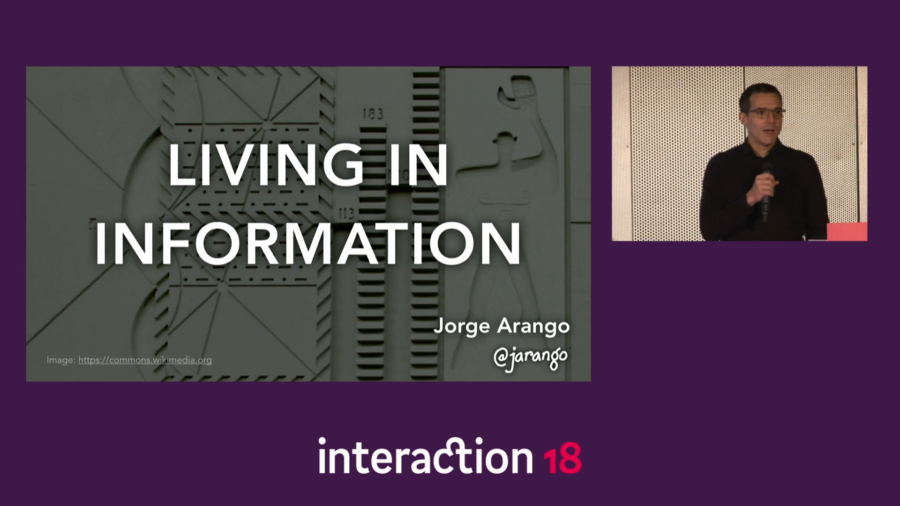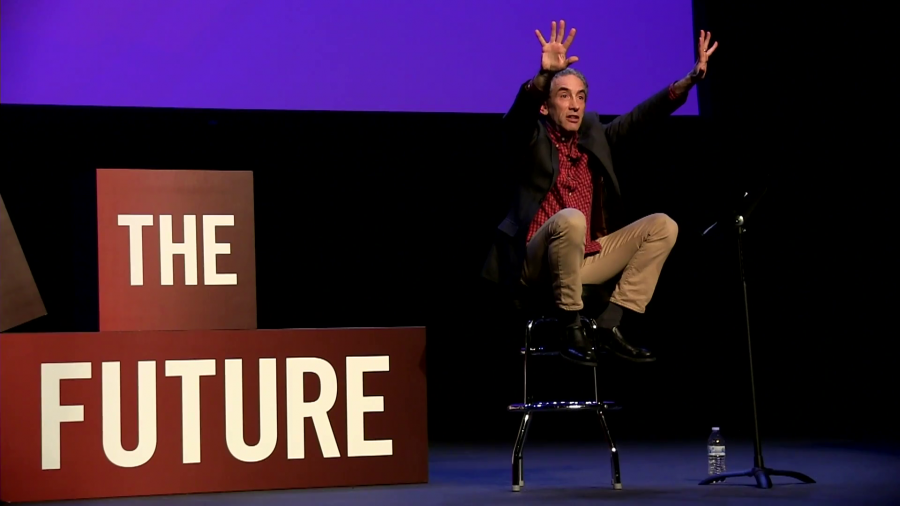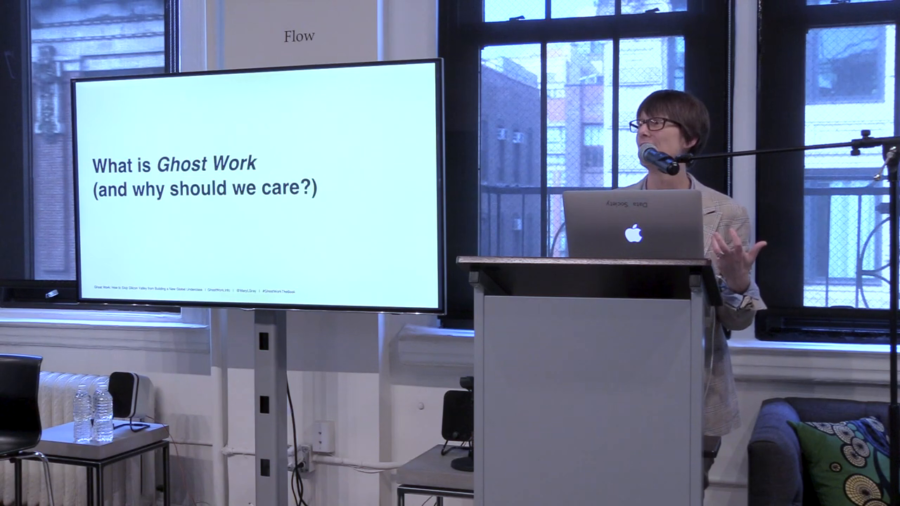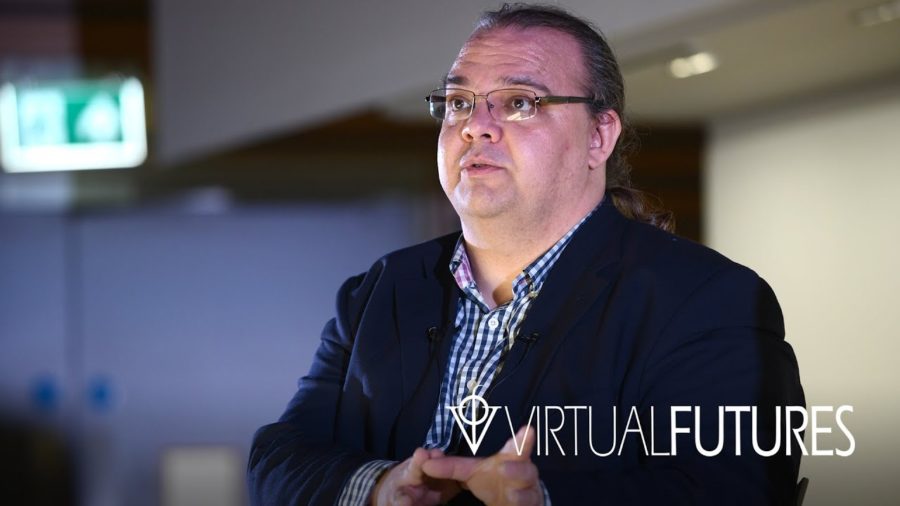I’m just going to say it, I would like to completely blow up employment classification as we know it. I do not think that defining full-time work as the place where you get benefits, and part-time work as the place where you have to fight to get a full-time job, is an appropriate way of addressing this labor market.
Archive
We’re in an era of overlapping crises, and I think that’s what makes it sort of unique. We’re aware of the financial aspect, which is sort of exponential increase in debt. We’re also aware that energy, the cost is going up because we’re reaching to deeper and more expensive reserves of energy, at least fossil fuels. So that’s another if not crisis then um… Well, actually it is a crisis, because the world we’ve constructed is based on cheap fossil fuels.

The framing of what we design is very important to how we go about it. We have not been framing these things as contexts. We’ve been framing them as products, services, and a whole other series of terms that are— Tools, for example. And these are things that are mostly transactional. They’re not things that are meant to be inhabited.
Benevolence isn’t inefficient and I’m a big fan of benevolence. It’s just that it’s not enough. It’s okay for a group of twenty-five or fifty people where everyone knows everyone. But when you have 300 million in the US or 7 billion in the world, if we were self-sufficient and we had to produce everything for ourselves we’d all die, or 99% of us would die. So we have to cooperate with each other. But the only way to cooperate with each other in such large numbers is through markets.
I think at a fundamental level I just believe in human agency. And I think that everyone should feel like they can participate and shape the economy, rather than feel like they’re experiencing symptoms of the economy. When the recession happened, there was all this chatter around well, the Fed is going to do this. Or the banks are going to do this. And government is going to do this. And there was no narrative around what people are going to do.

Google just has to grow. It has to keep growing. But Google grows at its own peril. Google grew so much that what happened? It outgrew Google. Google had to become what? Alphabet. Now what is Alphabet? Alphabet is not Google. Alphabet is a holding company. So Google’s new business as Alphabet is to do what? It’s to buy and sell technology companies. So, once a company becomes just too big to flip anymore, it becomes a flipper of other companies.
We know very little about complex financial systems and how systemic risk, as it’s called, is computed and how you would manage policies. And if you look back at the financial crisis, you can either say, as many economists do, “It all had to do with badly-designed rules,” which may be part of the story; it’s certainly part of the story. Or it may have to do with the interaction of those rules and human nature, like mortgage broker greed, optimism… And you see it not just in individuals who now have houses and foreclosure, but at the highest levels.


